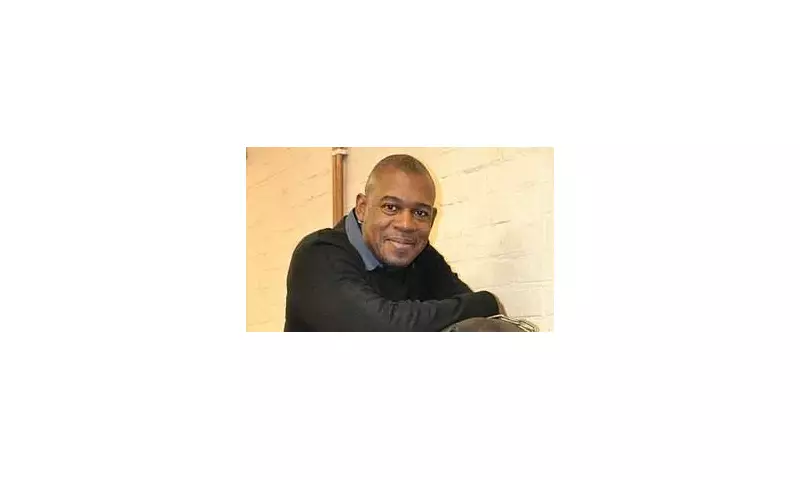
More than half of British adults who notice potential cancer symptoms are failing to contact their GP because they fear they won't be able to secure an appointment, according to a devastating new poll.
The YouGov survey commissioned by Cancer Research UK reveals that 53% of people avoid seeking medical help due to concerns about appointment availability, while 47% specifically cite difficulty in actually obtaining an appointment.
The Silent Majority: Why Brits Avoid Medical Help
Beyond appointment anxieties, the research uncovered multiple psychological barriers preventing people from seeking timely medical advice. Two in five respondents (40%) admitted they delayed visiting a doctor because they didn't want to be seen as making a fuss, while 44% assumed their symptom wouldn't be serious.
Additional reasons included people believing they could manage symptoms themselves (43%), thinking symptoms related to existing conditions (37%), and not wanting a remote appointment (37%).
Medical experts have issued stark warnings about the consequences of these delays. Being diagnosed early can dramatically improve cancer survival chances, but these opportunities diminish significantly when people don't report unusual health changes promptly.
The Critical Importance of Early Detection
The difference between early and late stage diagnosis can be a matter of life and death. When bowel cancer is detected at stage one, more than nine in ten patients survive for five years or longer. This survival rate plummets to just one in ten when diagnosis occurs at stage four.
Recent Canadian research published in the BMJ highlights the urgency of timely treatment. Their study estimated that a four-week delay in cancer surgery increases mortality risk by 6-8%. The researchers emphasised that minimising the time from diagnosis to treatment initiation from weeks to days could achieve significant survival gains.
Professor Peter Johnson, NHS national clinical director for cancer, stated: "The NHS is seeing and treating record numbers of people for cancer, with more people diagnosed at an earlier stage than ever before. I know that coming forward for a potential check for cancer can be daunting but it could save your life."
Innovative Solutions: Supermarket Pharmacies Step In
In response to these concerning findings, Cancer Research UK has partnered with Tesco to train pharmacists in recognising potential cancer signs. Over 350 Tesco pharmacies across the UK will now offer confidential conversations about worrying symptoms, with pharmacists equipped to guide patients on next steps and GP appointments.
Michelle Mitchell, Cancer Research UK's chief executive, explained: "Nearly one in two of us will be diagnosed with cancer in our lifetime. Spotting cancer early can make all the difference, so it's incredibly important that people get the support they need when they notice something that's not right for them."
Tom Lye, Tesco health and wellness category director, added: "We know how many barriers there can be in day-to-day life around getting health concerns checked out. Customers can quickly and easily see a pharmacist at one of over 350 Tesco Pharmacies."
Real Lives: The Cost of Delay
The human impact of delayed diagnosis is illustrated by Steve Browne's experience. The London father-of-three began experiencing intermittent bleeding and stomach pain in 2012 when he was 45, but dismissed his symptoms due to a previous irritable bowel syndrome diagnosis.
It took months before his wife persuaded him to book a GP appointment, leading to the discovery of early-stage bowel cancer that required surgery but spared him chemotherapy or radiotherapy.
Now 59, Browne reflects: "We need a kick to get checked out, and my wife was the one who sent me to the doctor after I told her all my symptoms. I was lucky as the cancer was caught early and it had not spread. If there is one message that I would like to share it would be that early diagnosis is so important."
The survey, which involved 6,844 British adults, comes amid concerning NHS performance statistics. Latest figures show only 67.9% of newly-diagnosed cancer patients received treatment within two months against a target of 85%, while just 91.2% started treatment within 31 days against a 96% goal.
With approximately 44,000 bowel cancer cases diagnosed annually in the UK, making it the country's fourth most common cancer, health professionals urge anyone noticing persistent symptoms to seek medical advice without delay.






